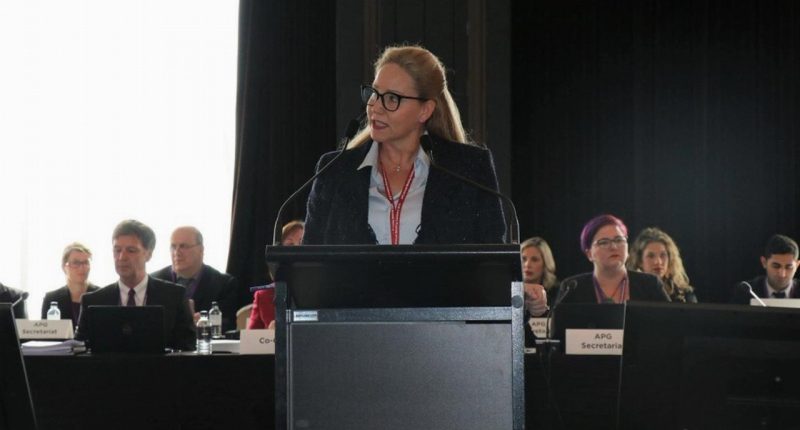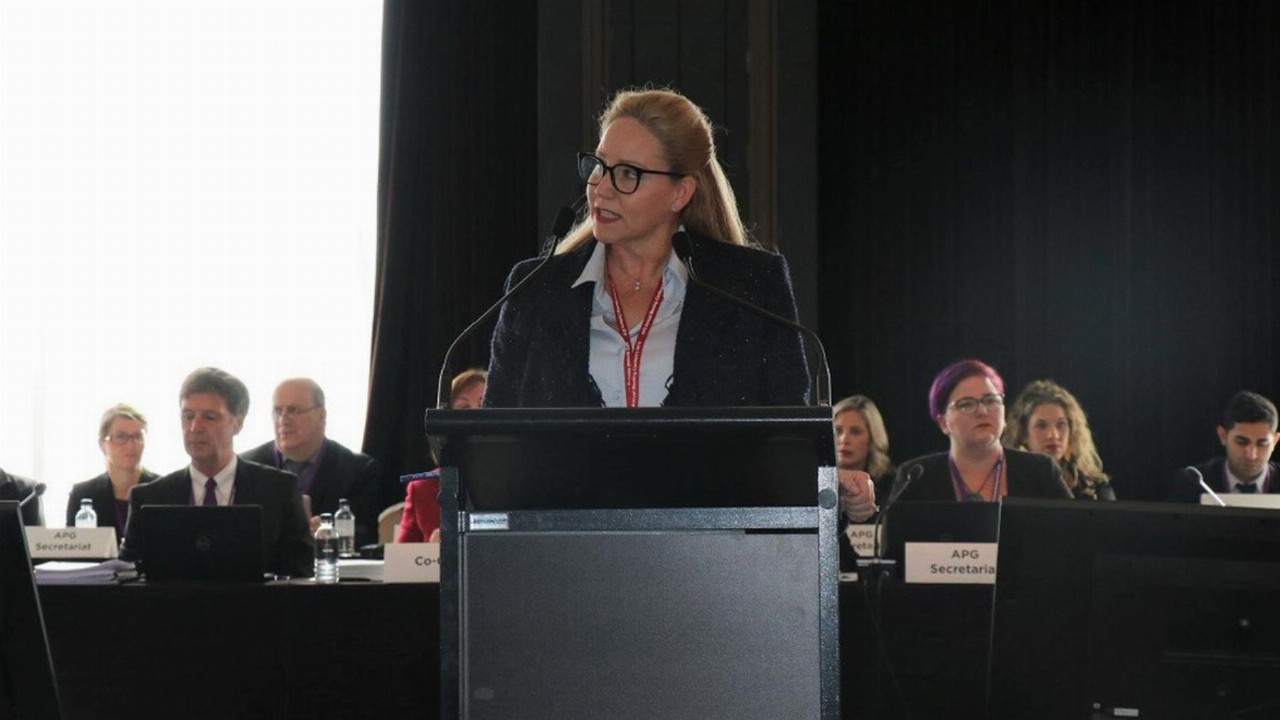- The Australian financial crimes watchdog has issued a warning to the finance sector to keep an eye out for a crafty money laundering method known as ‘cuckoo smurfing’
- This method of money laundering exploits legitimate genuine transactions made between unwitting individuals and businesses
- According to the Australian Transaction Reports and Analysis Centre (AUSTRAC), criminal syndicates use cuckoo smurfing to profit from illegal activities like drug trafficking, slavery, fraud and corruption
- Essentially, the criminals can intercept legitimate overseas transactions by partnering with a corrupt financial institution in another country
- The financial institution diverts the legitimate funds into the criminals’ account, while the criminals transfer their illegal money into an innocent person’s Australian account — much like how a cuckoo bird lays its eggs in other birds’ nests
- AUSTRAC has urged the financial sector to learn to spot cuckoo surfing and urged anyone living in Australia who is expecting a payment from overseas to monitor their account closely
The Australian financial crimes watchdog has issued a warning to the finance sector to keep an eye out for a crafty money laundering method known as ‘cuckoo smurfing’.
This unique method of money laundering is used by criminals to move illegal funds into and out of Australia by exploiting legitimate transactions made between unwitting individuals and businesses.
The Australian Transaction Reports and Analysis Centre (AUSTRAC) has urged financial institutions and individuals to learn how to spot cuckoo smurfing and report any suspicious activity to AUSTRAC and the police.
“This method has been used by criminal syndicates involved in crimes that inflict serious harm on our community such as drug trafficking, slavery, fraud and corruption,” AUSTRAC CEO Nicole Rose said.
“We rely on financial businesses to report to AUSTRAC and partner with enforcement to stop these criminal syndicates and protect members of the Australian community,” she said.
So, what is cuckoo smurfing, and who does it target?
Unwitting money laundering
Under AUSTRAC regulations, banks in Australia are required by law to report any transactions over $10,000. As such, criminals will often launder large sums of money by making several small deposits under this $10,000 limit to avoid the reporting threshold.
This process is known as structuring or smurfing — though the exact origins of the latter term seem to be up for debate.
One of the ways in which criminal syndicates launder large sums of money is by partnering with a corrupt middle-man and planting the illegal funds into a legitimate bank account of an unwitting Australian.
The process has been likened to the way the cuckoo bird lays its eggs in other birds’ nests — hence the term cuckoo smurfing.
It looks like this: imagine two overseas parents want to transfer $100,000 to their child studying in Australia. They may approach a financial institution in their home country and arrange for the funds to be transferred into the student’s account — unaware that this middle-man is actually working with a crime syndicate in Australia.
The financial service provider then flags the details of the transaction to an Australian crime boss — including the amount to be transferred and the name and account number of the student’s bank account.
The crime boss can then employ a large group of people to make several small transactions — each under the $10,000 reporting limit — into this student’s account, equalling a total of $100,000. These people are the ‘smurfs’ in this example.
The student receives the $100,000 they are expecting from their parents, but they are completely unaware the funds they have received are actually illegal.
At the same time, the corrupt overseas financial service provider deposits the parents’ payment into an offshore account of the crime boss — likely in a country with less financial regulation.

The parents have unwittingly deposited their funds into the account of the crime boss, and the student has unwittingly received funds from criminals.
Of course, given Australia’s strict financial regulation, it’s likely the structured payments from the smurfs will be picked up and flagged to the banking regulator — though this may take some time given they were all under the $10,000 threshold.
Even in this instance, however, it looks like the student is the one engaging in the illegal activity since they are the one who received the illegal funds. This can often result in the student’s account being frozen while the criminal walks away scot-free.
What to look out for
AUSTRAC said money transfer businesses, banks and financial institutions should consistently keep a close eye out for several cash deposits occurring on the same day across multiple brands and ATMs into the same account —a telltale sign of money laundering.
This is particularly important to note if the recipient of the funds is someone likely to be receiving money from overseas — like an international student studying in Australia, an Australian expatriate or an Australian exporter, for example.
For individuals, AUSTRAC has urged anyone who is expecting or regularly expects to receive payments from overseas to closely monitor their bank transactions as they occur.
Noticing the structured payments as they enter your account and reporting it could help authorities identify the cuckoo smurfing activity early on and investigate it before it’s too late.







